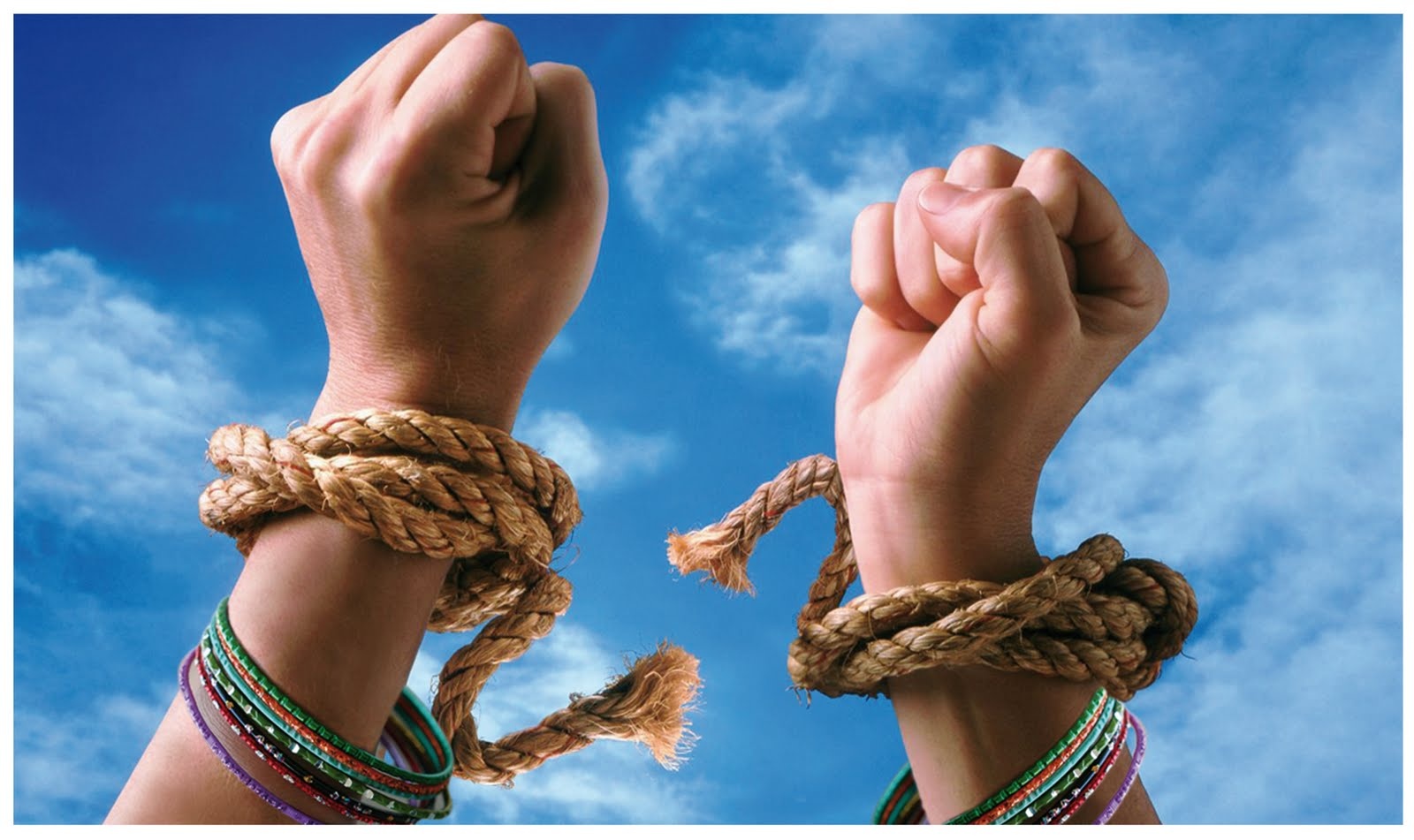How many times we have read the stories of beautiful
princesses, ladies with magnificent beauty or a beautiful damsel in distress? Beauty
has always been glorified to such an extent that it often overshadows any
virtues that mankind may possess. All these overhype about beauty that I have
been hearing since my childhood, left me wondering that what it would be like
to live in a world that does not have a differentiation line dividing mankind
based on their look?
It’s not that I am not enamored by the magnificence of the
beauty. Story of Cinderella, Snow White and multiple other beautiful princesses
has nonetheless dazzled me. It was a general accepted idea that any uncle or
brother should have a beautiful wife. A simmering blindfold made up by millions
of stories, movies and social heresy is on eyes of each of us that dazzles us
to a divine effect of beauty. The effect of that blindfold has been wearing off
for some time (For me) and in the process it has led me to realize the ugly
truth behind the notion of beauty. Suddenly my mind has started hitting me with
questions about the logic of the rules of this illogical world.
Why beauty is important? Why a beautiful person should be
credited with extra merit that might tower all other merits. A person does not
choose their look, they are just born with it. Why such a quality on which
mankind has no control should be the dominating factor. We do not choose the
way we look, and don’t earn our look too then why should be we rewarded/punished
for something we never worked for.
You might argue that talent count too. Nobody would like a
silly and beautiful person. But that just an empty argument. We all know that
the effort a simple looking person has to put to make an effect on society and
how easy it comes to an attractive person. And what about “made-in-Heaven” marriages?
This “so called” holy and life size decision is made purely based on look. “Looking
for a fair, beautiful/Handsome Bride/Groom”, who want a non-fair and ugly one?
To a certain extent our professional life has come to be
defined by our merit (though so called beautiful person still has some edge,
which of course is regardless of their merit), our personal and social life is
still largely defined by the way we look. Men kind has always tried to eliminate
variable from their life. We have always tried to write our destiny since the
time memorial. But why we have failed to eliminate the biggest variable from
our life – “Our Look” – on which we have no control. If we closely look at this
issue then we can narrow this problem down to the one half of the humanity. While
the one half – male – has been able to successfully elevate their merit upon
their look (not completely though), the other half – Female – is still being
perished under the tight shackle of beautiness. Looking beautiful has been the
prime motive of female since the time immemorial and this convention is only
growing stronger. I often see parents brimming with pride on their beautiful daughter,
as though she has won the biggest crown purely on her merit. Has she?
The chain of beauty has been throttling us, slowly and
gradually sipping the life out of us. What worry you have in your life if you
are a fair maiden, and how treacherous the life path is for a simple girl and that’s
just because of an accident, an accident called “Gene”. The curse of beauty has
been made permanent on the femalekind by trillion dollars of “Beauty” industry.
All you have to do is look pretty to stand out in this world. If you do not pass the eligibility criteria
then don’t worry our trillion dollar industry is working hard to elevate you to
that position, which has nevertheless been defined by them.
The biggest culprit are our art and literature. Why god/goddess,
heroes/heroines etc are portrayed as beautiful and villain as ugly? Why a good
person is to be beautiful and bad person to be ugly? Who defines the criteria
of beauty? We have talked about discrimination based on caste, race, religion,
gender, class etc. Why have we not yet added the discrimination criteria of “look”,
which is the most prevalent form of discrimination all over the world? I guess
we don’t have answer for that. We might achieve gender disparity in next 1000 years
but we still wouldn’t dare to speak against “Look Disparity”. Ours is a society
of hypocrites and we would continue to be hypocrite. The real tragedy is that,
now I wish that blindfold is tightened on my eyes again so that I do get the
courage of living in the world of hypocrites.






